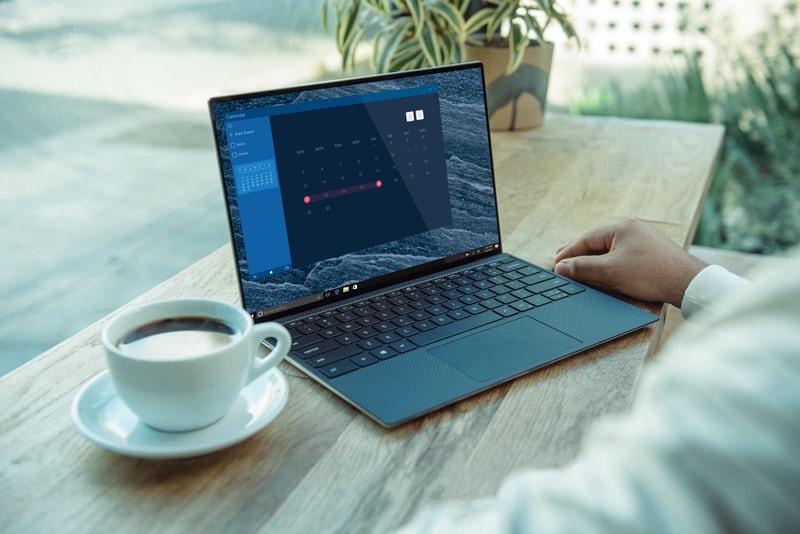Waiting is hard. Our human nature seeks pleasure and enjoyment and we want it now, not in the future. Unfortunately, we sometimes have a hard time reaching our goals and desired future because of this tension we face on a daily basis, pleasure now or pleasure later. Yet researchers have discovered that self-control and happiness are interwoven.
We have two distinct minds at play, intuitive and deliberative. Intuitive decisions are faster. They’re instinctive and we often call these habits. We respond to the cues or triggers in our environment with little to no thought. The benefit of this reaction pattern is that it keeps us safe as we respond to danger, like hitting the brakes while driving. But this same system also creates instinctive emotional responses, like anger at the driver that caused us to brake or spouting harsh words at someone who offends us. Self-control and happiness have a complicated relationship in this part of our mind.
Deliberative decisions are the ones that require energy. They force our brain to use calories, which it resists, as decisions require conscious effort. As we build new habits, deliberative decision making is necessary for us to make the harder decisions about our future and help our current self delay gratification or immediate pleasure. Self-control and happiness requires deliberative decisions.
A research team out of the University of Chicago set out to study this recently and discovered an important link between self-control and happiness. Participants who were able to navigate temptations by exhibiting self-control were happier in the short-term and long-term. Participants reported feeling more positive emotions each day and were generally more satisfied with life overall. A key finding was that those who were most successful changed their environment to avoid temptation all-together.
Therefore, a critical piece of self-control and happiness requires recognizing how our instinctive brain gets in the way of our long-term goals. By reducing the opportunities for our instinctive reactions to trip us up, we also reduce the need for self-control. We conserve brain power when we don’t have to overcome so many obstacles and make so many hard decisions.
If you’d like to try seeing for yourself how self control and happiness go hand and hand, here are some ways to start.
Remove Distractions
Notice the things in your life that prevent you from making the changes you desire. Is it the apps on your phone? Is it the food in your kitchen or the setup of your home office? Remove distractions that are visible to your eye and replace them with more appealing options. If you’re losing time on social media, check out BetterYou’s solution to help you take back your time for the things that matter most.
View Your Future Self
Imagine yourself one year from now. If you change nothing, what does life look and feel like? If you adopted the new habit you desire, what does life look and feel like? “Seeing” this future self is an effective way to align your current choices with your future goals. You can more clearly connect the dots between self-control and happiness and prevent your instinctive mind from dictating all of your current choices. You create the pause necessary for your deliberative brain to do its best work.
Self-control and happiness can feel like they’re pulling against one another, but they are partners in helping us move toward a healthier and happier future. If you’d like some help managing your instinctive brain, learn more about how BetterYou can help.
